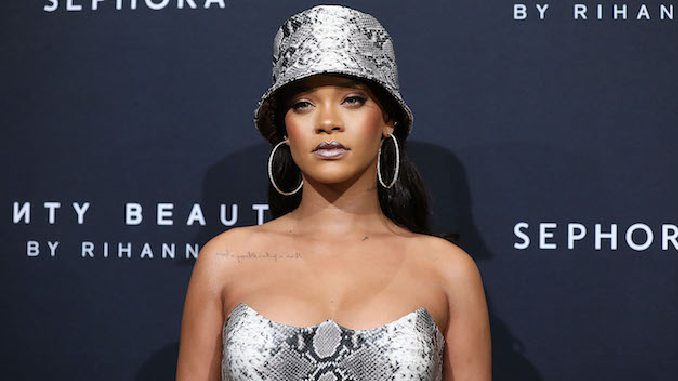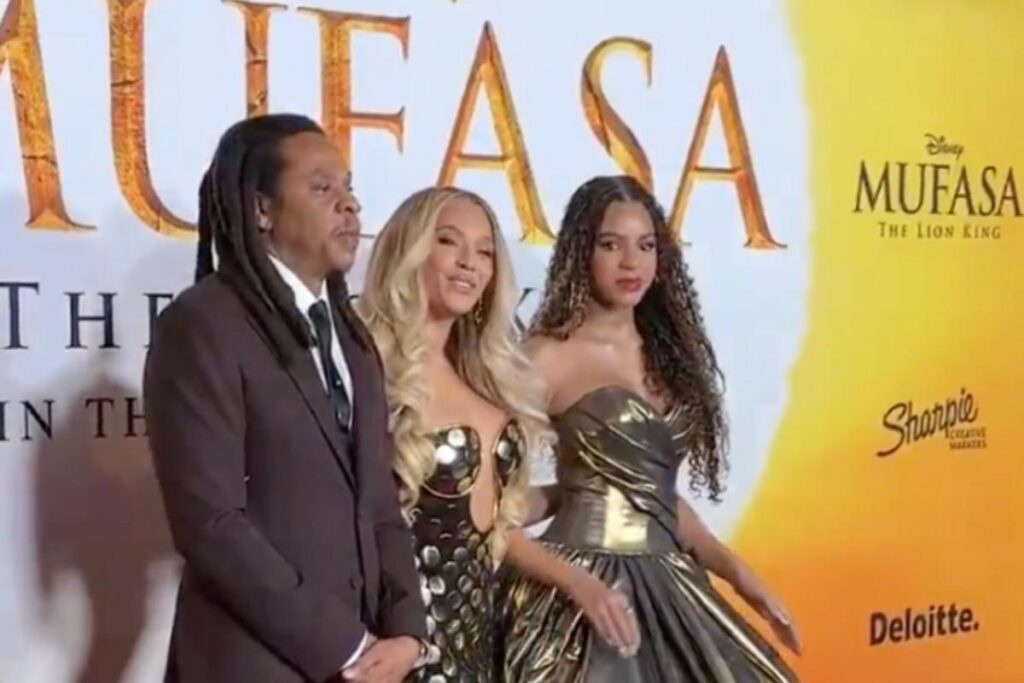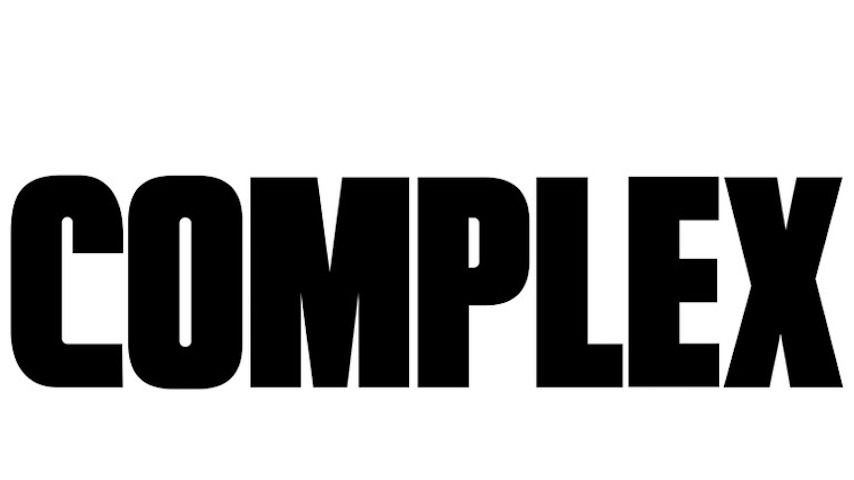Best Coast have always been a delightful embodiment of catharsis. The California rock duo of Bethany Consentino and Bobb Bruno have been rattling off intensely personal guitar pop songs since their 2010 classic debut Crazy For You, but their new album, Always Tomorrow, out now via Concord Records, provides a different kind of catharsis. A decade ago, Best Coast were the definition of a hype band. Every cool blog was raving about them, they had A-list actors in their music videos, they toured the world and even Cosentino’s cat became famous. But beyond their sun-soaked, emotional indie rock songs and cloud of fame, Consentino was having trouble dealing with success.
Before she started Best Coast, she was a college dropout who didn’t know who she was or what she wanted, and as it turns out, her enduring songs, which scored her band a record deal and a wave of attention, didn’t erase her insecurities. Thanks to the inevitable criticism that comes with being a female rock frontperson and the added hoopla of dating another famous rock star—Wavves’ Nathan Williams—Consentino became the subject of gossip and social media vitriol for years, making an already overwhelming music industry lifestyle even more difficult to cope with. Consentino turned to drugs and alcohol to numb the pain and projected an image of a perpetually cool, unfazed musician, but she was facing an internal crisis that became too large to ignore.
After their 2015 album California Nights, she isolated herself, feeling miserable and creatively uninspired. But then a song fell out of her, which became the golden ticket she needed. It was called “Everything Has Changed,” and it envisioned a healthier version of herself, one that was much more in tune with her physical and emotional needs. In late 2017, she decided to make that song a reality by becoming sober. Her creative gears eventually began to turn again, and she brought in guitarist Bobb Bruno to write songs with her for the first time. He sent music for her to write to, and four of his songs ended up on their new album Always Tomorrow. Ultimately, it’s a record about embracing your full self, flaws and all, even if it’s for the first time—in Cosentino’s case, she feels like she’s finally found herself at age 33. It’s a hi-fi rock album with hooks and riffs aplenty, and it tracks Cosentino’s road to her better self. It’s got the stomp of someone who’s been to hell and back and is now trying their best to steady the course into the California sunset.
Paste talked to Cosentino about her past, present and future in one of the most beloved bands of the decade, Best Coast. Read the interview below, which has been edited for length and clarity.
Paste: You pulled yourself out of an unhealthy lifestyle that you maintained for a good part of the band’s career. Do you look back on those times with mixed feelings?
Bethany Cosentino: No. I am a believer that you have to go through shit to get to wherever you’re at. I had a really hard time learning to navigate my success. I think that the ways in which I acted, the things that I used to cope, the behaviors in which I engaged in, they were what I knew at the time. I didn’t have any real coping skills. So I look at it and I don’t live in regret. I don’t look at it and think, “What the fuck was wrong with me?” I look at it and just think I was doing all I really could do at the time, which was trying to run from stuff and numb things. So I am grateful for the dark shit that I had to go through because if it weren’t for that, I wouldn’t be in the place that I’m currently in. So I think when you change your perspective and look at stuff like, “Okay, well I needed to experience that to get to where I’m at,” it usually helps you put the past to rest.
How much was music a positive coping mechanism and how much was it a destructive world to be in?
Music itself, I don’t think was ever destructive for me. I think it was actually the opposite of that. I think it really helped me to survive in a lot of ways—being able to talk about some of the stuff that I’ve written about over the past decade of my life. I wasn’t really talking about that stuff in other places. I’ve always been an emotional person, but I’ve never really been good at talking about my emotions. I’ve never really been able to tell somebody, “Hey, this is how I feel.” I’ve always used music to do that. So to air all of my grievances to the world was a very interesting, therapeutic tactic, but it is one that I’m grateful that I did. I think it was really what comes along with success—that was what really became hard for me to handle. And that is ultimately what led me to get a bit self-destructive because I just didn’t know how to handle the things that all of a sudden were a part of my daily life. Like I said though, I wouldn’t do it differently. I wouldn’t have it any other way. I love being a musician. I love being a songwriter. I need to do it. It is what I know how to do. So it’s just been a learning experience for me—to learn how to do this job, but with a different approach to some of the shit that comes with it.
Was it a challenge to reverse engineer the songwriting process and write to songs that Bobb wrote?
No, weirdly it wasn’t a challenge at all. It was actually really easy. Well…that’s a lie. There were some songs that were very easy and then there were other ones that I struggled with. Again, me being a harsh critic, these were Bobb’s babies. These were the things that Bobb created and I wanted to do them justice. I wanted to write cool stuff on top of them, so I struggled. There were a few that I was like, “I want him to like this because he made this and I want him to be proud of it and to like the final piece.” He and I are so funny, like we’re both so self-conscious when it comes to our creative stuff. We both always send each other the same preface where it’s like, “Well, I hope you don’t hate it.” And he would always be like, “No, it’s rad. I’m really excited with what you did.” It was not hard, but it was definitely different.
My favorite lyric from the album is “I feel like myself again, but for the first time.” Is this the most “you” that you’ve ever felt?
Yeah, absolutely. That line is very much like, “I feel like myself again.” And then there’s a pause and then it’s like, “But for the first time,” because I really don’t think I ever knew who I was. I never really felt comfortable in my skin from a very young age. I think that’s why I did things like run from my problems and use substances as a form of self-medication because I didn’t really know who I was until I went through this really intense, dark period and this journey of soul searching. So I think it’s interesting to feel like I’m in this place where I’m like, “Okay, I know who I am right now.” And I know that life is ever evolving and it’s constantly changing and people are always one person one day and then could be a completely different person a month later. That’s life. It’s such a ride.
This album is centered on this positivity of allowing yourself to make mistakes. But there are other times, in the lyrics, where it feels like you’re being a little hard on yourself. What has that journey been like for you?
I’m so hard on myself! That’s why I laughed because I hear it constantly from my friends, my therapist, my parents. Everybody’s always like, “Don’t be so hard on yourself.” I’m like, “I don’t know how not to, you know?” But for me, what I’ve really been learning over the last few years and what I really feel like I discuss a lot on this record is getting to a place where it’s like, “Yeah, I’ve accepted that I am hard on myself and I’ve accepted that I’m my own worst enemy at times.” However, I’m trying really hard to accept that that’s okay because I’m learning how to do things differently for the first time in my life. I was just talking to my therapist yesterday about some annoying pattern that I keep repeating and she was like, “Well, it doesn’t change overnight.” And I was like, “But how do I fix it? Like how does it get better?” And she literally looked to me and she said, “We have to suffer through it.” And I’m like, “Thanks! Thanks for telling me that’s how I fix it.” But that’s the reality of things, like mental health and struggles with all of this stuff. Sometimes there is an easy fix for it, but usually, at least in my experience, that easy fix actually makes it worse. And for me, that was drugs and alcohol. That was what I thought was going to solve it, but it didn’t do anything but make it worse. For me, it’s about learning to, as cheesy as this quote is, trust the process and just learn that all I can do is what’s directly indicated in front of me and then the rest just kind of follows suit. So it’s really been a journey of learning to accept life for what it is on life’s terms.
One thing that seems to tie this record together is hindsight. Like “I knew this person wasn’t the right match for me” or “Now I get why I was drinking before.” Is that how you see it?
I actually look at it in a way of empowerment where I’m like, “Thank God I don’t feel like that anymore and look at what you survived.” Especially now getting ready to go out on tour and learning old songs and doing all this stuff, I can listen to some of those lyrics and I’m like, “Jesus, I was really hurting and I really was just in full denial of it.” And now looking back on it, I’m like, “I have compassion for that person because I understand that that person was suffering in a lot of ways.” And I am just grateful that I don’t have to feel that way anymore. That’s really what the message of this record is—that nobody has to feel that way anymore if they choose to do the work. The work is really hard and it’s scary and it’s intense and it’s exhausting and it never stops, but it’s really worth it if you’re willing to put the effort in to fix the shit in your life that needed fixing.
Whether it’s something within your own band or somebody else’s, what makes you most excited about music right now?
Honestly, I’m really excited to see how people are using songs to really vocalize their struggles. I think that as a person who’s always written from a very autobiographical place and has always talked a lot about my own life experiences, I’ve always really loved music which is very deeply personal and people talk about really intense, heavy things. I was watching the Grammys red carpet and I saw Bebe Rexha talking about how she’s bipolar and how she writes a lot of songs about those experiences. That’s so cool to see a mainstream artist like that talking about deep, personal struggles like that in music. Because a lot of times people—I dealt with this on this record, producers telling me, “Maybe you should write about more universal things. Maybe you shouldn’t write from your own perspective so much.” And I was like, “Fuck that. That’s what I do.” I think that’s really cool that a lot of bigger artists are starting to do that, and we’re starting to talk about shit that’s really fucking hard to talk about in front of the world, because it helps people at the end of the day.
Always Tomorrow is out now via Concord Records.




